According to Politico, the European Commission proposed a number of solutions for the way current events taking place in Eastern Europe impact food production.
These are meant to protect both farmers and consumers in the EU region from rising prices and the limited availability of the food.
Vladis Dombrovskis, European Trade Commissioner, said that "Russia's relentless aggression not only means more food shortages for suffering Ukrainians. It also means supply disruptions that affect the whole world."
While the food supply chain in the EU bloc isn't threatened, the rising inflation will make food affordability tougher for the poorest the EU countries.
Other parts of the world suffer more from the current situation, such as Africa and the Middle East, regions that relied quite a lot on food resources coming from Ukraine and Russia.
The Green Deal takes a break for now
The Commission's been pressuring EU governments to adhere to a greener food production, but they decided to revert that decision for now, and allow the food production to be boosted in favor of some environmental regulations.
This means that, while farmers will still receive sustainability subsidies, while planting whatever crops they wish on four million hectares of fallow land.
They can plant either crops that will end up as food for the livestock, or food for the population, and the total land they can use is about the size of the Netherlands.
Also, the Commission from Brussels encourages farmers to give up for now on the production of crops that would be turned into biofuels, and focus on feeding the animals and the people for now.
Marilda Dhaskali, EU agriculture policy officer for the environmental NGO Birdlife, said that "ploughing through the set-aside land will require more fertilizers and more pesticides, which in turn increases Europe’s dependency on natural gas."
Aiming for food independence
Ukraine's current inability to trade foods shows how much Europe relies on importing foods, such as corn, to feed its livestock.
Not only that, but the war also exposed EU's reliability on fertilizers coming from Russia and Belarus.
This means that Europe must become more self-sufficient, and immediate measures have been taken, such as monitoring food stocks and fertilizer prices, as well as establishing a new expert group that will recommend additional measures to improve food security on the continent.
Countries that belong to the EU bloc have been encouraged to move away from using as much gas, fertilizers and pesticides to avoid the need for imports.
Giving Ukraine farmers a hand
With Ukraine's harvest for the rest of the year put in jeopardy, results could be disastrous not only for their own population, but also for the rest of the world.
Ukrainian farmers must currently fight for their country on the battlefield, so there are less people working on the farms at home, and the machinery and farming supplies are also fewer and fewer.
One of the ways the Commission tries to help is through transporting 50.000 tons of fuel every week via Poland for farming machines in Ukraine.
Food stock for everyone on Earth
Wheat is a critical food base when it comes to populations in Northern Africa and the Middle East, since people there rely on bread in order to survive, but since the invasion of Ukraine, wheat prices are now 70% higher.
The Commission reports that about 5 million tons of wheat sit in the Black Sea harbors without hope of being delivered any time soon, and 20 million more were expected to be produced in Ukraine, but that might not happen.
In order to ease of the food crisis, some traders could divert livestock food towards the population, and India plans to deliver about 6 millions tons of wheat on the market, too, in order to help with the situation.
Europe now must try to help African countries as well, and Janusz Wojciechowski, Agriculture Commissioner, said that "first of all we need to have food. And this is the reason the increase of production is so important now.”
Financial aid for EU farmers
One of the most important ways to help with the food crisis is to give EU farmers more financial support for the price surges of fuel and fertilizers.
The EU's crisis funds will provide 500 million euro, while governments from each country on the bloc can help in addition to that.
The biggest farming sector to benefit from these measures is said to be the pig one, where competition rules are said to be eased off in favor of food availability.
Copa and Cogeca, one of the main organizations for EU farmers, isn't convinced by the current solutions provided by the Commission, mentioning that better short-term solutions are needed to stabilize the food production in farms across the Union.
 Mihai - Cristian Ioniță
Mihai - Cristian Ioniță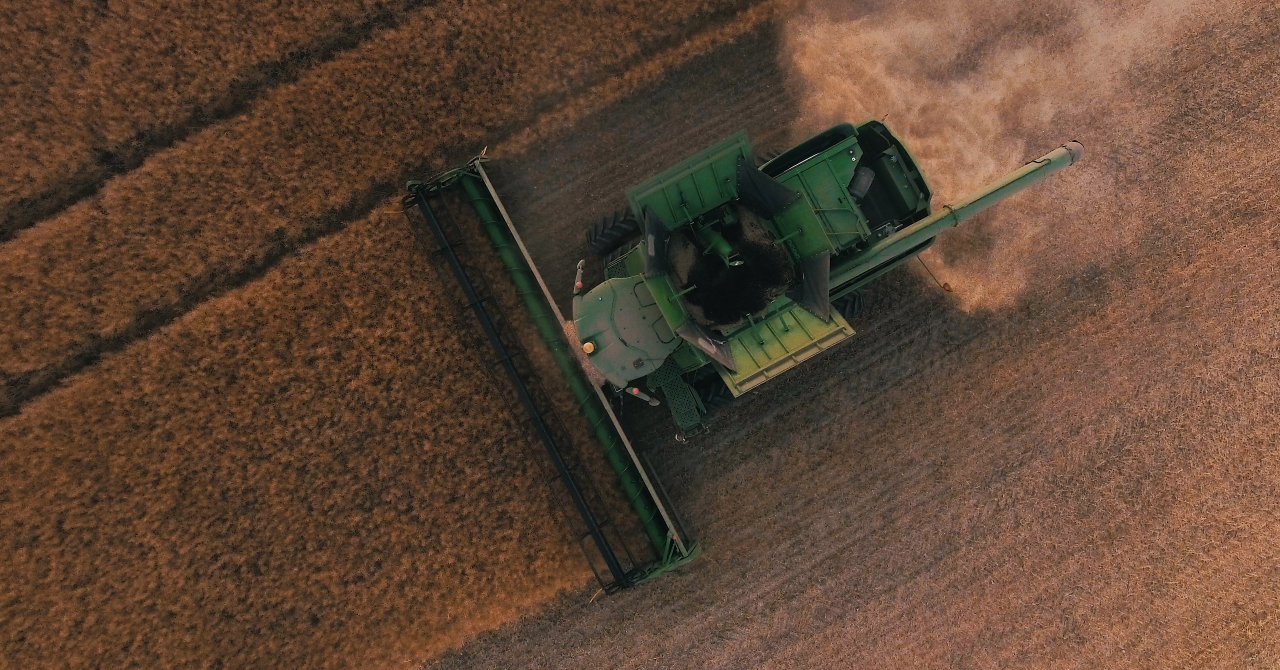

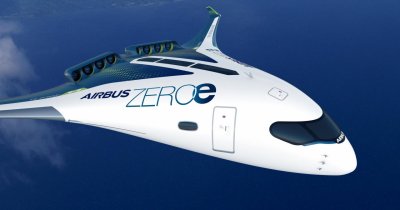

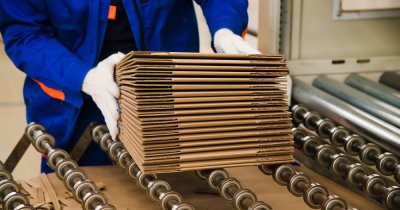
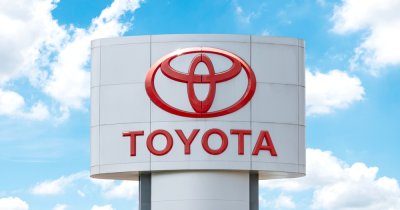

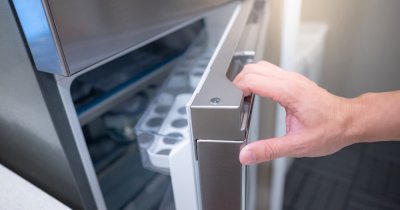
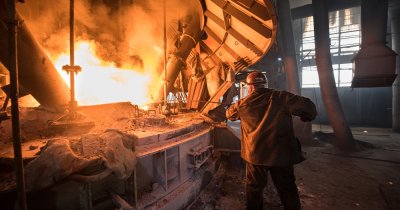
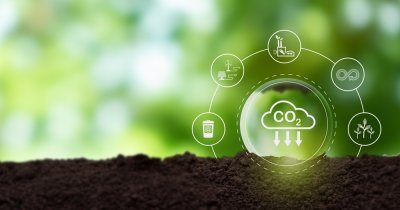
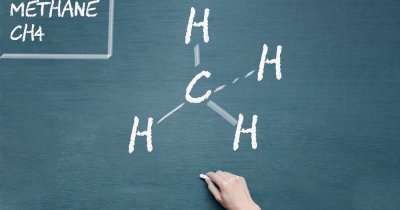


Any thoughts?